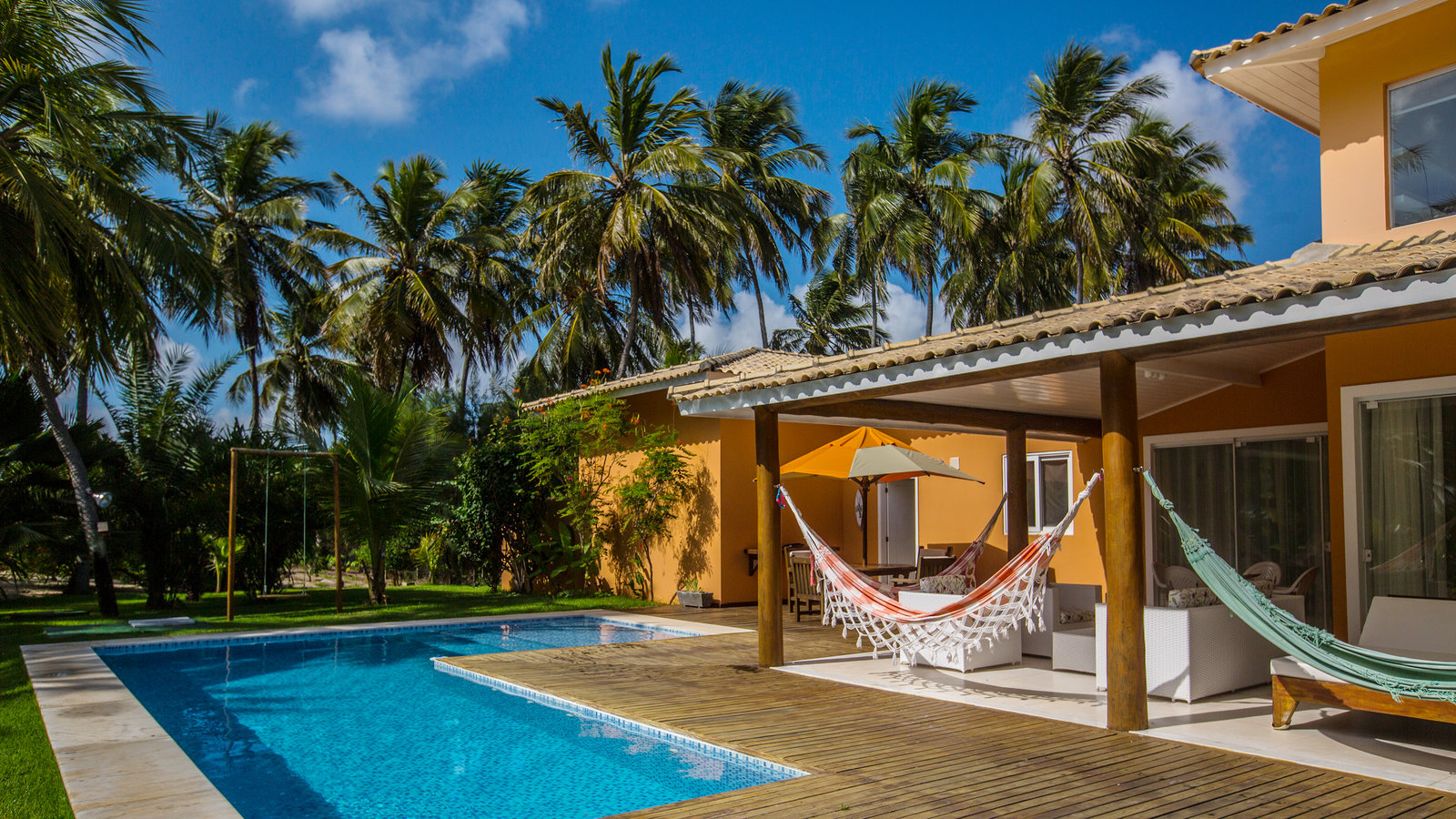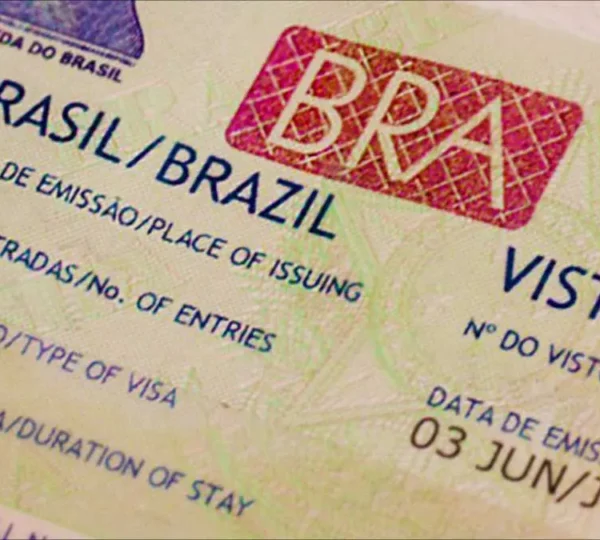
Brazil Real Estate: A Guide to Renting or Buying Property as a Foreigner
Brazil is an attractive destination for expatriates, retirees, and investors due to its diverse landscapes, growing economy, and affordable real estate market. Foreigners can buy and rent property in Brazil without major restrictions, making it an appealing option for those looking to invest or relocate. This guide provides an overview of the rental and purchase process, legal requirements, costs, and key considerations for foreigners interested in real estate in Brazil.
Renting Property in Brazil
Finding a Rental Property
Foreigners can find rental properties in Brazil through multiple sources. Online platforms such as ZAP Imóveis, VivaReal, OLX, and QuintoAndar list a variety of rental options. Working with a local real estate agent can help navigate language barriers and legal procedures. Many landlords also advertise through classified ads, social media, and expat communities.
Rental Agreements and Requirements
Most lease agreements in Brazil are for 12 to 30 months, with the possibility of renewal. A security deposit of one to three months’ rent is typically required. Some landlords may require a Brazilian guarantor (fiador), but alternatives such as a rental insurance policy or a higher deposit are often accepted. Rent is usually paid monthly, and tenants are responsible for utilities such as electricity, water, gas, and internet. It is important to sign a contract (Contrato de Locação) and have it notarized for legal protection.
Average Rental Prices in 2024
| City | One-Bedroom Apartment (USD per month) | Three-Bedroom Apartment (USD per month) |
| São Paulo | 500 – 1,500 | 1,500 – 3,500 |
| Rio de Janeiro | 450 – 1,300 | 1,200 – 3,000 |
| Brasília | 400 – 1,200 | 1,000 – 2,500 |
| Curitiba | 300 – 900 | 800 – 2,000 |
| Florianópolis | 350 – 1,200 | 1,000 – 2,500 |
Buying Property in Brazil as a Foreigner
Can Foreigners Buy Property in Brazil
Foreigners can buy property in Brazil with no restrictions, including residential, commercial, and agricultural land. However, certain areas, such as those near international borders or coastal and environmentally protected zones, may require special approval from the Brazilian government.
Legal Requirements for Foreign Buyers
Foreigners must obtain a Cadastro de Pessoas Físicas (CPF), a tax registration number issued by the Brazilian Federal Revenue Service. The CPF is required for all real estate transactions. While residency is not required to buy property, non-residents must register their property purchase with the Central Bank of Brazil if bringing funds from abroad.
Steps to Buying Property in Brazil
Finding the Right Property
Foreign buyers should work with a licensed real estate agent (Corretor de Imóveis) and a lawyer (Advogado Imobiliário) to navigate the purchasing process.
Conducting Due Diligence
Buyers should check the property’s ownership history, outstanding debts, zoning laws, and legal status. This involves obtaining a Certidão de Ônus Reais from the local real estate registry to confirm that the property has no legal claims or unpaid taxes.
Signing the Purchase Agreement and Paying the Deposit
A preliminary purchase and sale agreement (Contrato de Compra e Venda) is signed, and a deposit of 10 to 20 percent of the property price is typically required.
Finalizing the Transaction
Once all checks are complete, the final contract is signed, and the buyer pays the remaining balance. The sale must be registered with the local Real Estate Registry Office (Cartório de Registro de Imóveis) to officially transfer ownership.
Costs of Buying Property in Brazil
Foreign buyers should account for additional costs beyond the property price.
- Property Transfer Tax (ITBI): 2 – 3 percent of the purchase price.
- Registration Fees: 0.5 – 1 percent of the property price.
- Notary Fees: 1 – 2 percent of the property value.
- Real Estate Agent Fees: 5 – 6 percent (typically paid by the seller).
- Legal Fees: 1 – 2 percent of the property price.
Mortgage Availability for Foreigners
Foreigners can obtain a mortgage from Brazilian banks, but most require a permanent residency visa and a CPF number. Mortgage interest rates in Brazil are generally higher than in North America and Europe, typically ranging from 8 to 12 percent annually. Many foreign buyers prefer to pay in cash or finance through international lenders.
Best Cities for Real Estate Investment in Brazil
- São Paulo – Brazil’s financial and business hub with high rental demand.
- Rio de Janeiro – Famous for tourism and beachfront properties.
- Florianópolis – A top destination for beach lovers and digital nomads.
- Curitiba – Known for high-quality infrastructure and affordable real estate.
- Brasília – Strong demand for government-related rentals.
Key Considerations for Foreign Buyers
Legal Restrictions
Foreigners cannot buy properties in areas near international borders without government approval. Properties in environmentally protected zones may also have usage restrictions.
Investment Potential
Rental yields in major Brazilian cities range from 5 to 8 percent annually, making real estate an attractive investment. However, property taxes and maintenance costs should be considered.
Frequently Asked Questions
Can foreigners buy land in Brazil
Yes, but purchasing large tracts of rural or agricultural land may require government approval.
Can foreigners rent out property in Brazil
Yes, foreign property owners can lease their property, but rental income is subject to Brazilian tax laws.
What is the minimum investment required for property in Brazil
Property prices start at approximately $50,000 USD for small apartments in smaller cities, while luxury properties in major cities can cost over $1 million USD.
Do I need to be in Brazil to buy property
No, foreign buyers can purchase property remotely through a lawyer and power of attorney (Procuração Pública).
Does buying property in Brazil grant residency
No, but foreigners who invest at least $200,000 USD in real estate may apply for an Investor Visa (VIPER), which leads to permanent residency.
Are there risks in buying property in Brazil
Yes, common risks include title fraud, unpaid property taxes, and legal disputes. Buyers should work with a lawyer and conduct thorough due diligence before purchasing.
Conclusion
Brazil offers strong real estate investment opportunities for foreigners, with relatively few restrictions on ownership. However, foreign buyers must obtain a CPF number, conduct legal checks, and register their property with the appropriate authorities. Working with a real estate agent and a lawyer ensures a smooth and secure property transaction.
Use our database to find visa facilitators, real estate agents, and recommended professionals. You will also have the ability to book a time to meet with our expats on the ground. These are individuals just like you who have gone through the immigration process and have been living in your desired country or city.
During these sessions, you can discuss every small detail related to the moving process. It’s like having a trusted friend everywhere you go. Whether you want to plan a short trip, need help finding an apartment, or you want some advice on moving to a particular city, they can help. This is a great way to meet someone with a similar background to help you achieve any of your goals.
Recent Posts
Comprehensive Step-by-Step Guide to Obtaining Your Visa In Mexico
Buying Your First Business in France
All Categories
- Argentina
- Australia
- Austria
- Bahamas
- Bali
- Belize
- Brazil
- Chile
- Colombia
- Costa Rica
- Czech Republic
- Denmark
- Dominican Republic
- Ecuador
- El Salvador
- Fiji
- France
- Germany
- Greece
- Hungary
- India
- Ireland
- Jamaica
- Japan
- Malaysia
- Mexico
- Netherlands
- New Zealand
- Norway
- Panama
- Peru
- Philippines
- Portugal
- Singapore
- South Korea
- Spain
- Sweden
- Switzerland
- Thailand
- UAE
- Uncategorized
- United Kingdom
- Uruguay
- Vietnam



